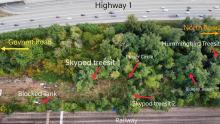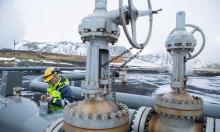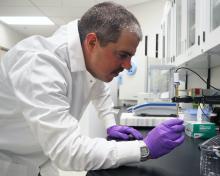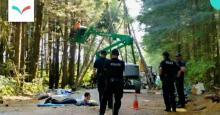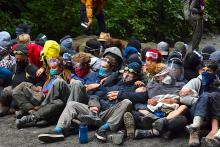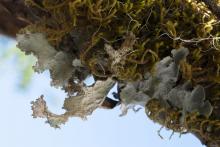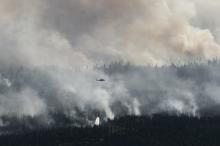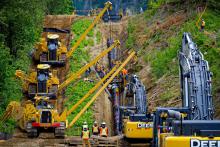Sept. 9, 2021
A year after groundbreaking old-growth report, government inaction still drives conflict in B.C.
Every day in B.C., irreplaceable groves filled with the oldest trees in the country are cut down and lost forever. In the year since the province’s strategic review of old-growth management, we’ve seen many promises but very little change in the forest.
